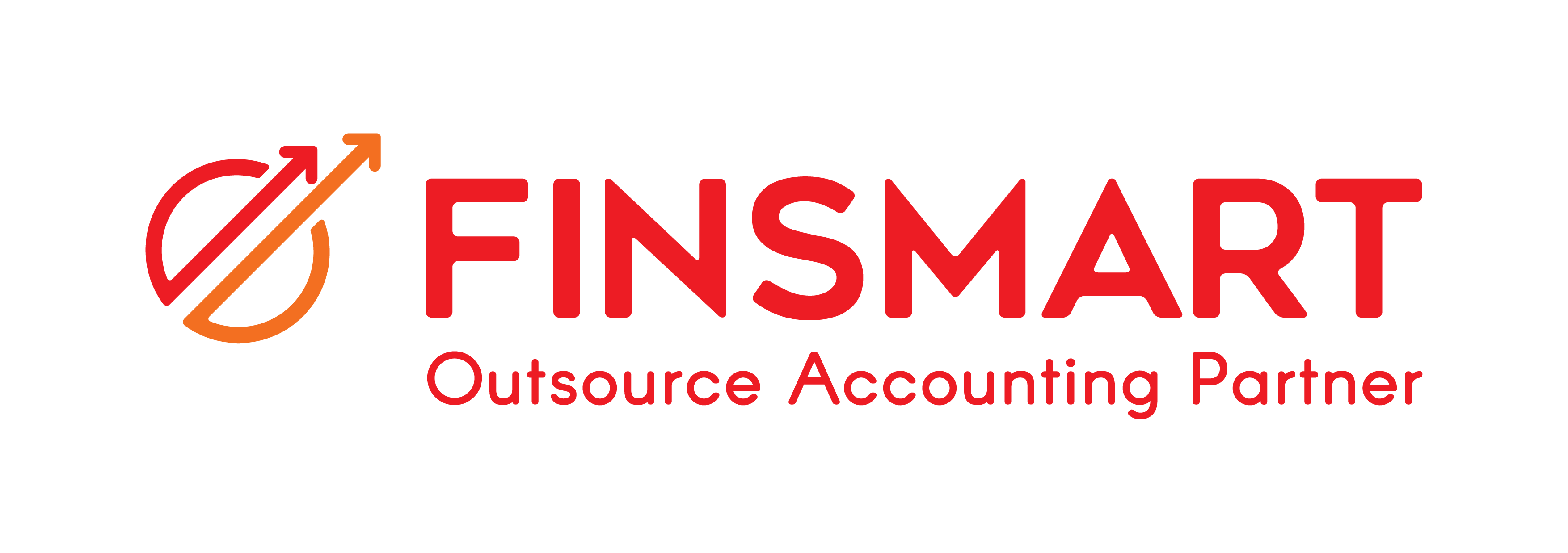When outsourcing, many accounting firm owners feel that it is a gray cloud in the other part of the world. They aren’t sure who is taking over their clients’ accounts, or who is handling the confidential data. The lack of trust or uncertainty often jeopardizes the relationship between outsourcing firms and accounting firms. However, that should not be the case if the firms are directly in contact with the resources that work on their files.
That is why, at Finsmart Accounting, there are no mid-layers between the accounting firm owners and the people who actually work. There are no seniors or point of contact who are just responsible for communicating what is going on. Transparency is key here.
Creating high-performing global teams is critical for accounting firms as they expand their reach through outsourcing. Working with a cross-geographic team comes with its own set of challenges. The success is rooted in the firm’s ability to seamlessly collaborate across different time zones, cultures, and professional practices. But how do you do that?
Key ways to build a high-performing global outsourcing team
Clear communication channels
Effective communication is more important in a global setup where team members are spread across continents and time zones. Miscommunication can lead to inefficiencies, errors, and missed deadlines. This becomes especially critical in the accounting field as precision is key.
- Technology to Bridge Gaps
Accounting firms should make use of the right communication tools that facilitate real-time collaboration. Platforms like Microsoft Teams, Slack, or Zoom help teams stay connected through instant messaging, video calls, and collaborative file sharing. These tools allow team members to clarify doubts, share documents, and have discussions despite geographical barriers.
- Open Communication Culture
Encouraging an open, inclusive communication culture can make teams feel comfortable asking questions, providing updates, and discussing challenges. In global teams, cultural differences may impact communication styles. Both parties need to train teams on cross-cultural communication to avoid misunderstandings.
- Clear Communication Protocols
Communication channels can be used to define when and how to use emails, messaging apps, or video calls. Additionally, setting guidelines for response times, meeting agendas, and availability can significantly improve efficiency.
Implementing Standardized Processes and Systems
Consistency can help smoothen the functioning of outsourcing teams across the globe in accounting. Without standardized systems in place, inefficiencies, duplication of work, and errors can arise.
- Standard Accounting Tools and Software
Accounting firms must ensure that everyone uses the same tools and software platforms – both in-house and outsourced teams. This uniformity reduces confusion, ensures data integrity, and enables real-time collaboration. Cloud-based accounting software provides a common platform where all team members can access, edit, and update financial data regardless of their location.
- Standard Operating Procedures (SOPs)
When working across geographies, it is important to put what is on your mind of paper. Create detailed SOPs for every aspect of accounting work to ensure consistency across your global team. These should cover how to handle invoices, tax preparation, monthly closures, audits, reporting, etc. SOPs should become the reference point for every team.
- Automation to Reduce Errors
With advancements in AI and automation, accounting firms can enhance the efficiency of global teams by automating routine tasks such as data entry, invoice processing, and financial reporting. This not only reduces human error but also frees up team members to focus on more value-driven tasks like financial analysis and client communication.
Investing in continuous Training and Development
Unlike what many firms believe, you do not compromise the quality when you outsource. In fact, it is all about holding outsourcing in the highest regard. Global outsourced teams are acquainted with the latest happenings in the industry. But keeping them updated with your organization’s trends is your responsibility and that comes with training.
- Ongoing Technical Training
Accounting regulations and tax laws are constantly evolving and so are the happenings within the organization. Training and regular update meetings can help global teams stay up-to-date. Provide access to regular training sessions, monthly and weekly catchups and webinars that address the latest developments in accounting standards, tax laws, and financial reporting regulations across different regions.
- Professional Development Opportunities
Beyond technical skills, global teams should have access to professional development programs that help them grow in their careers. While outsourcing teams do have internal provisions, opportunities with accounting firms can help them serve better. It can empower team members to take on more responsibility, ultimately boosting the overall performance of the firm.
- Cross-Training for Enhanced Flexibility
Cross-training team members in different aspects of accounting, auditing, and taxation increases the flexibility of your global team. When team members understand each other’s roles, they can step in when needed, reducing bottlenecks and ensuring smooth operations during peak periods or unexpected absences.
Monitor Performance and Enhance Accountability
Just like for internal teams, performance tracking also helps evaluate the efficiency of your global outsourced teams. Establishing clear key performance indicators (KPIs) and using data-driven insights ensures that all team members are held accountable for their contributions.
- Setting Clear KPIs
To measure the success of your global teams, it’s important to set clear KPIs that reflect both team and individual performance. These KPIs can include metrics like project completion times, error rates and frequency, client satisfaction, and compliance with regulations. Regularly review these KPIs to track progress and address any issues before they escalate.
- Implementing Performance Review Systems
Regular performance reviews help create a culture of continuous improvement. Establishing a system of quarterly or bi-annual reviews provides an opportunity to give constructive feedback, recognize accomplishments, and set goals for the next period. These reviews should focus on both quantitative and qualitative KPIs.
- Leveraging Data Analytics
Utilizing data analytics tools allows accounting firms to gain real-time insights into the performance of global teams. By tracking metrics such as productivity, efficiency, and financial accuracy, firms can identify trends and areas that need improvement.
Outsourcing has helped accounting firms perform better and give better services to clients. With access to global talent, they can scale their operations faster. However, the success of these global teams lies in the firm’s ability to create a cohesive, efficient, and motivated workforce that works together—despite geographical boundaries.
To know how outsourcing can help, write to us at [email protected].

Maanoj is Co-founder & Director of Growth Strategy & Alliance at Finsmart Accounting. He is an Outsourcing Expert, a People Champion, and a Dynamic Leader with strong Business Strategy and Scaling-up experience. He has incubated businesses, sold & exited ventures; helped build strong enterprises in very diversified verticals like Fintech, HR & Consulting spaces in various CXO capacities over the last 20 years.









